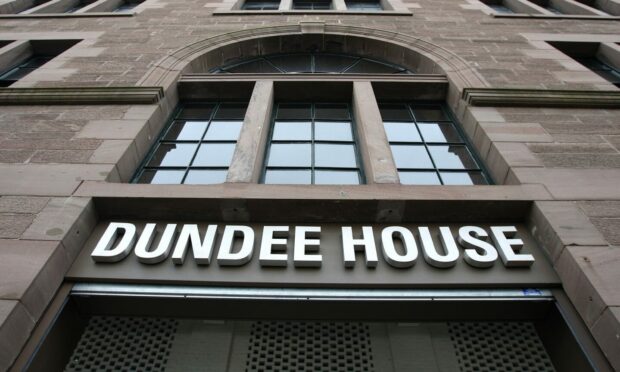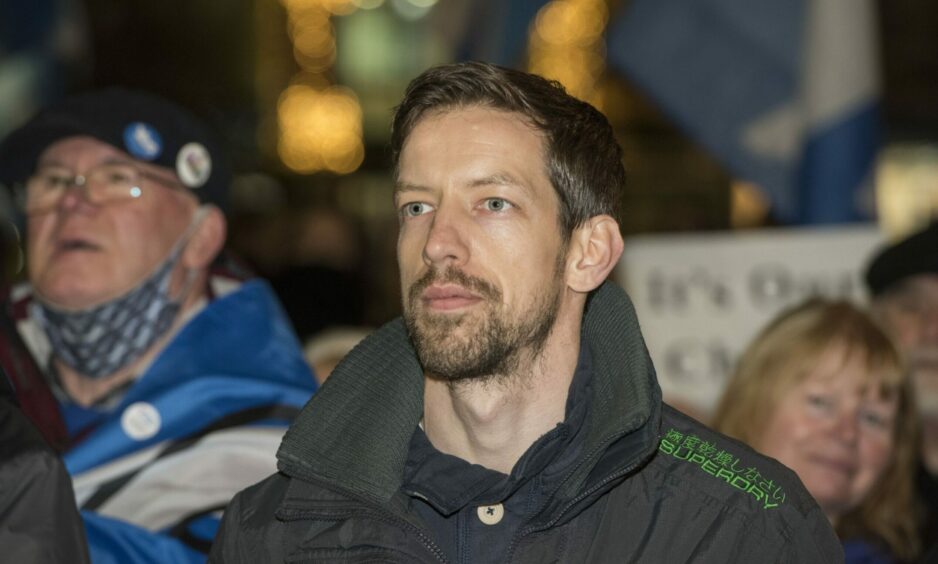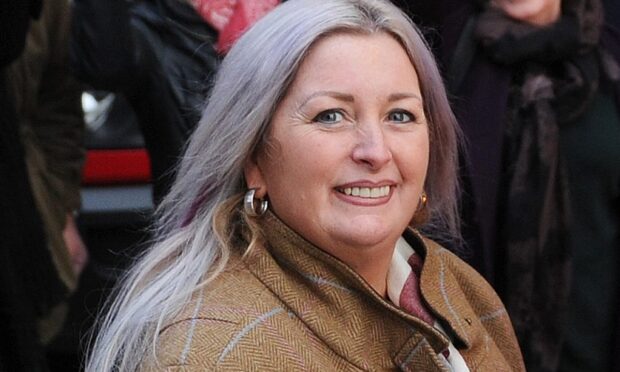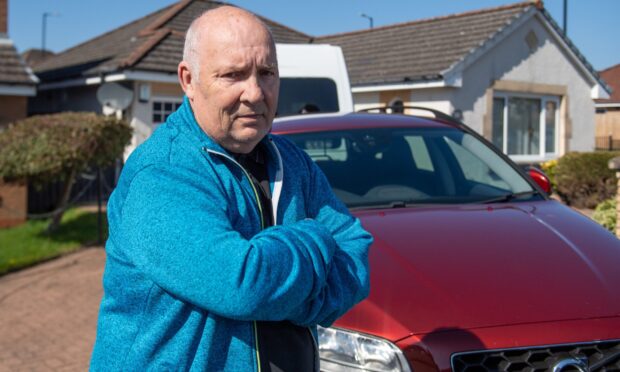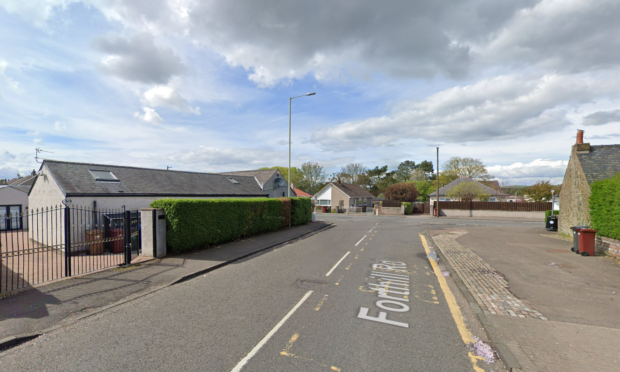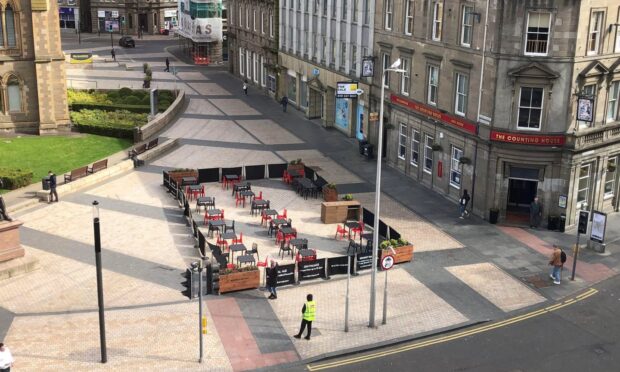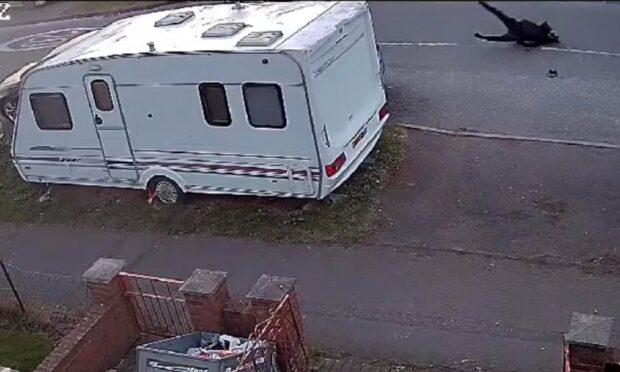Dundee City Council has rejected calls for further scrutiny of Dundee police and fire services, prompted by concerns that areas of the city are under-represented.
Police and fire chiefs had previously given updates to the council’s community safety and public protection committee.
However, the board, which all 29 elected members sat on, was scrapped last year following a restructuring of the local authority’s committees.
Updates from police and fire services are now given to the council’s scrutiny committee, comprising only eight councillors.
This has led to some councillors claiming certain areas of Dundee are being left unrepresented, with calls for a new emergency services scrutiny board to be established.
Despite this, council chiefs have maintained that all councillors still have the ability to scrutinise services and meet with police and fire service chiefs to discuss issues.
Lack of scrutiny
During a city governance committee on Monday, the council’s Liberal Democrat group put forward a motion calling for a new committee to scrutinise emergency services.
Liberal Democrat councillor Michael Crichton said: “It’s self-evident that the abolition of the previous community safety and public protection committee last summer has resulted in a situation where Police Scotland and the fire and rescue services have not been under scrutiny by all 29 councillors.
“It’s supposed to be a public scrutiny and it can’t be a public scrutiny if not all councillors can scrutinise both services – and also every ward.
“Now we are in a situation right now where a couple of wards in Dundee have zero representation.”
Only six of the eight council wards are represented on the current scrutiny board, with no councillor representing Lochee or the North East.
He added: “I think there was much greater scrutiny when the 29 individuals of our council all took part in asking questions”
Motion voted down
However, not all councillors agreed, with council leader John Alexander pushing for maintaining “the status quo” and the scrutiny committee as is.
Mr Alexander said: “Scrutiny takes place in many different forums in many different ways.
“There has been nothing in terms of the removal or reduction in anyone’s ability to connect with, to meet with, to discuss local specific issues.
“All 29 members have the ability to scrutinise, to provide questions, to engage.”
The motion was voted down with 10 voting in favour and 15 against.
